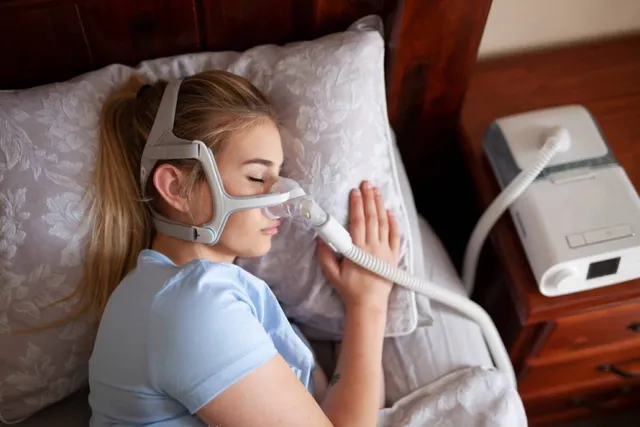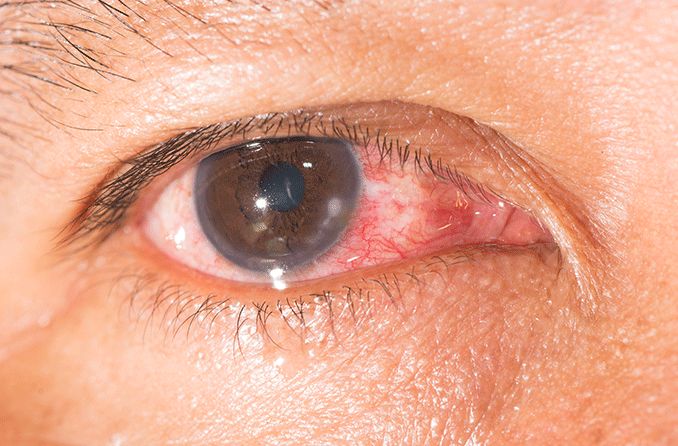Sleep apnea involves brief pauses in breathing during sleep, which can last from a few seconds to several minutes. There are three main forms: obstructive sleep apnea, central sleep apnea, and mixed sleep apnea. Homeopathic remedies can help manage sleep apnea by addressing both the symptoms and the underlying causes that lead to these breathing interruptions. Some of the most effective homeopathic treatments for sleep apnea include Lachesis, Ammonium Carb, and Lemna Minor.
Homeopathy and Sleep Apnea
Homeopathic Remedies for Obstructive Sleep Apnea (OSA)
Obstructive sleep apnea (OSA) is characterized by repeated episodes of interrupted breathing during sleep, caused by blocked airways due to the relaxation of throat muscles. In contrast, central sleep apnea occurs when the brain fails to send proper signals to the muscles that control breathing, and mixed sleep apnea is a combination of both conditions. OSA accounts for approximately 80% to 85% of all diagnosed sleep apnea cases, making it the most prevalent and serious form of the disorder.
Homeopathic Treatment for Obstructive Sleep Apnea
Several homeopathic remedies are recommended for treating OSA, including Lachesis, Ammonium Carb, Agraphis Nutans, Lemna Minor, Sanguinaria Nitricum, Grindelia Robusta, Opium, and Sambucus. The choice of remedy is tailored to each individual’s specific symptoms and the underlying causes. Homeopathic treatments for OSA are safe for people of all ages and provide a natural and effective way to manage the condition. However, these medicines should only be taken after consultation with a qualified homeopathic practitioner.
Specific Homeopathic Remedies for OSA
- Lachesis: This remedy is particularly useful for individuals who frequently wake up due to obstructed breathing and may need to sit up and take deep breaths. These individuals may also have a fear of falling asleep and an aversion to anything tight around their neck.
- Ammonium Carb and Agraphis Nutans: Both of these remedies are beneficial for managing OSA associated with enlarged adenoids or tonsils. Ammonium Carb is indicated for symptoms such as nighttime nasal blockage, difficulty breathing through the nose, and excessive daytime sleepiness. Agraphis Nutans is helpful for OSA with enlarged adenoids or tonsils, frequent colds, and possible deafness or ear discharge.
- Lemna Minor and Sanguinaria Nitricum: These remedies are effective for OSA related to nasal polyps. Lemna Minor is useful for symptoms like stuffed nostrils, foul-smelling nasal discharge, and snoring. Sanguinaria Nitricum is recommended for dryness in the nostrils, bloody nasal discharge, sneezing, and restless sleep.
- Grindelia Robusta: This remedy is ideal for asthmatic individuals with OSA, especially when they experience sudden breathing stoppages during sleep, chest oppression, and wheezing.
- Opium: Opium is indicated for OSA when deep snoring is present, along with spells of stopped breathing and a feeling of suffocation. Excessive daytime drowsiness may also be a symptom.
- Sambucus: This remedy is particularly effective for children with OSA. A child needing Sambucus may wake up suddenly during sleep, feeling suffocated and gasping for breath, with repeated episodes throughout the night. Increased sweating and a dry, obstructed nose may also be present.
Managing Sleep Apnea
Effective management of obstructive sleep apnea includes maintaining a healthy weight, avoiding alcohol and smoking, sleeping on your side instead of your back, and refraining from the use of sleeping pills or tranquilizers.
Causes and Risk Factors of Sleep Apnea
The primary cause of OSA is the excessive relaxation of throat or nasal muscles during sleep. Major risk factors include obesity, a thick or large neck, enlarged adenoids or tonsils, and structural nasal deformities like a deviated septum. Other risk factors include smoking, high blood pressure, diabetes, asthma, nasal polyps, nasal allergies, and sinus issues. Men are more prone to OSA than women, and the risk increases with age, particularly for those over 40. A family history of OSA also increases the likelihood of developing the condition.
Symptoms of Obstructive Sleep Apnea
Common symptoms of OSA include loud snoring, sudden waking with gasping or choking, restless sleep, extreme daytime sleepiness, difficulty concentrating, irritability, mood swings, morning headaches, increased heart rate, high blood pressure, decreased libido, excessive sweating, and poor performance in daily tasks at work or school.
Complications of Obstructive Sleep Apnea
OSA can lead to various complications, including daytime sleepiness, fatigue, irritability, depression, hypertension, arrhythmias, heart issues, stroke, type 2 diabetes, and more.




